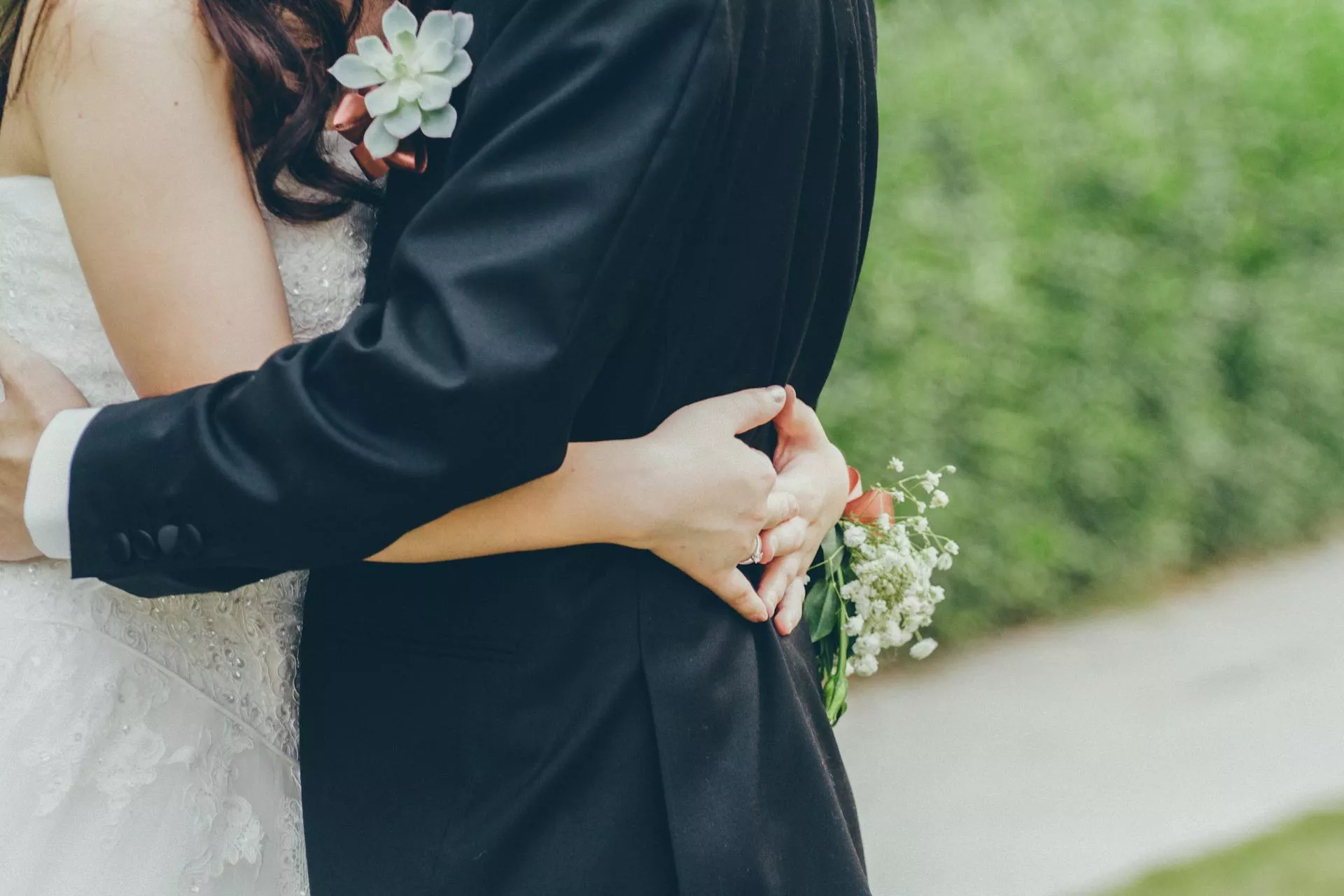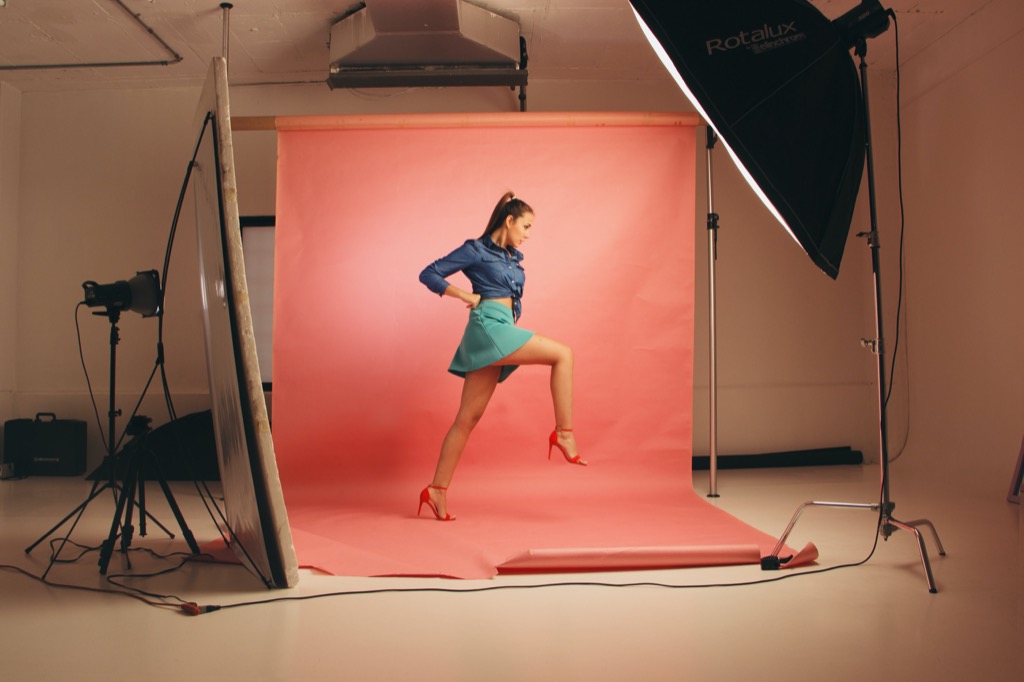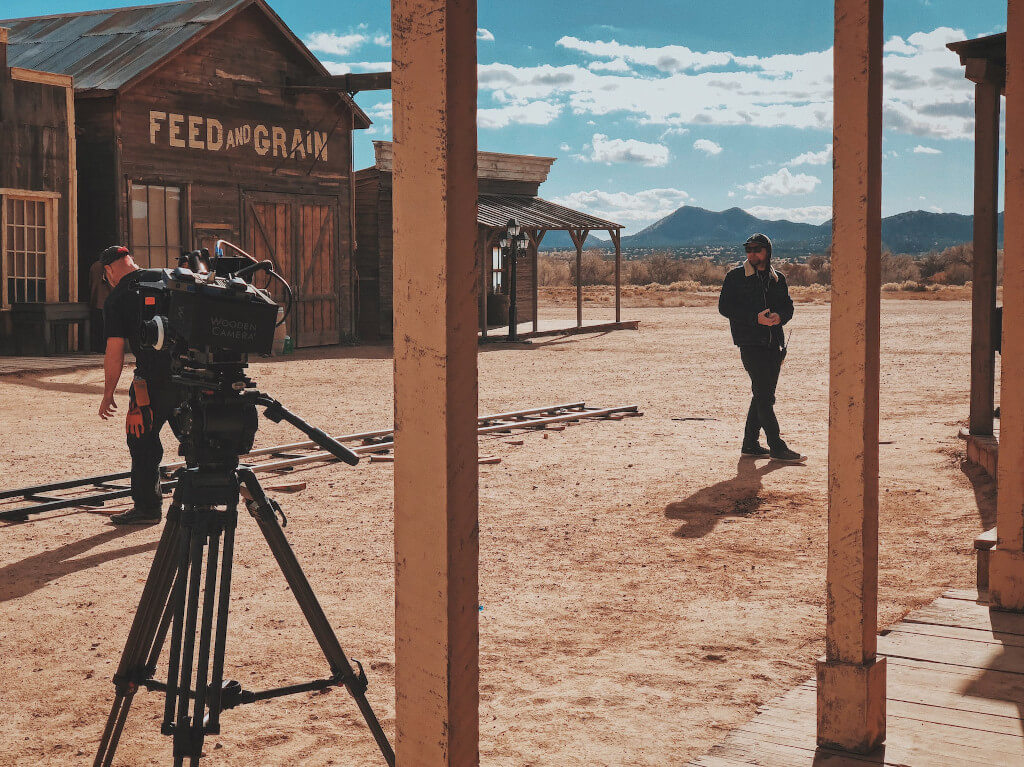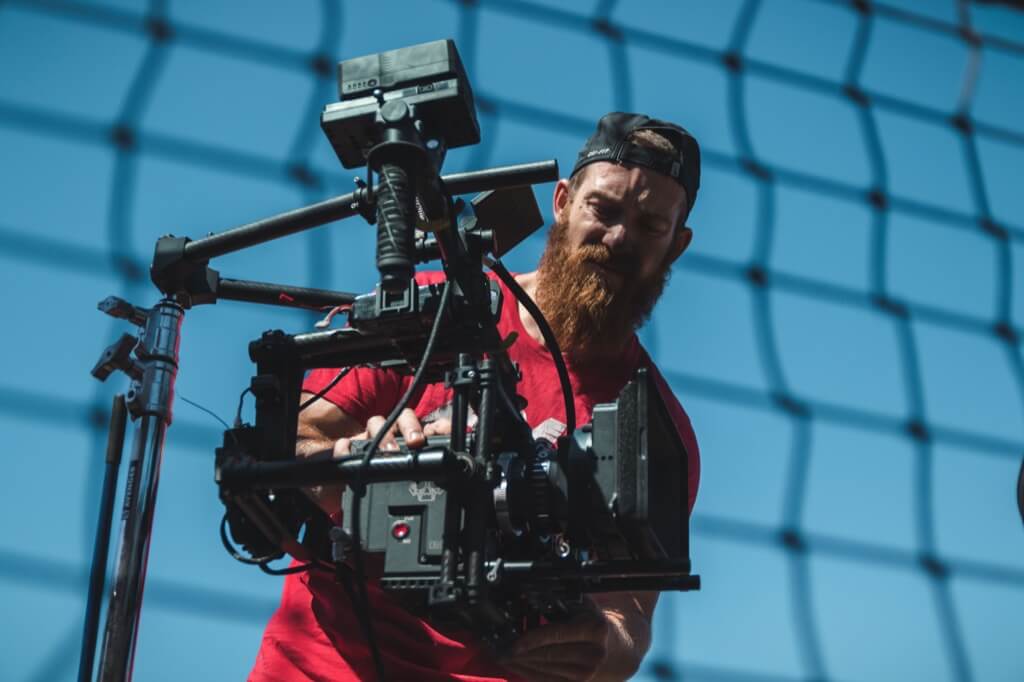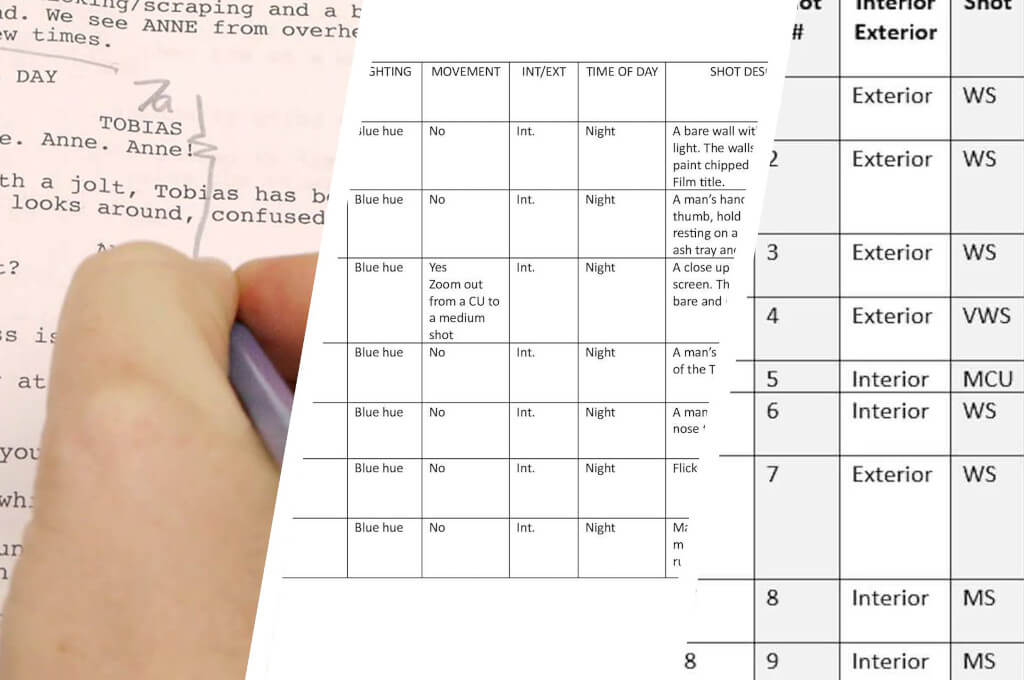Planning your wedding is incredibly exciting. Bringing together all the people you love and making your dream day a reality is a surreal experience. Amidst the fun, choosing the right vendors can be daunting, especially when it comes to hiring a wedding photographer. Investing in someone to capture your day requires careful consideration. The anticipation and excitement of planning your wedding can make the day feel like it passes in the blink of an eye. While it’s essential to savour each moment, preserving those memories through photographs allows you to relive them forever. To help you choose the right photographer to document your special day, we’ve gathered some expert advice.
A Personality That Matches Yours
Finding a photographer whose personality meshes well with yours is crucial. This individual will be closely involved in your wedding day and the lead-up to it. You need someone you feel comfortable communicating with, whether it’s a quick text about wedding details or seeking advice on various aspects of your day. Building a rapport can make the planning process smoother and more enjoyable. Remember, it’s important to choose someone you genuinely like, as they will be by your side for most of your wedding day.
A Photography Style You Love
Identify the photography style that appeals to you now and will continue to do so in the future. Create a collection of your favourite wedding photos and analyse what you love about them—be it the editing, composition, or emotional capture. Find a photographer whose work aligns with your vision and discuss your preferences with them. When browsing through photographers’ portfolios, find a style that resonates with you. Whether you prefer moody and matte, bright and airy, or intimate close-ups, ensure the photographer consistently delivers that style. A consistent style indicates a photographer has found their niche and excels in it, which can help you envision how your wedding photos will look.
Leadership Skills
A good wedding photographer needs to be able to take charge without being overbearing. They should be able to manage large groups for photos efficiently, ensuring that no precious time is wasted. Look for someone who can give clear, polite, and assertive directions to everyone involved, from young children to elderly relatives. This skill ensures that all essential moments are captured seamlessly.
Understanding your photographer’s approach to wedding day photography is vital. Do they prefer candid shots or posed ones? Are they unobtrusive or do they take a more direct approach in directing scenes? Knowing their style of working will help you determine if they are the right fit for your day.
Experience
Experience is vital when hiring a wedding photographer. While everyone starts somewhere, your wedding isn’t the time to take a risk on someone entirely new to the field. Look for a photographer with a portfolio that showcases their ability to handle different aspects of a wedding day. This experience provides peace of mind, knowing they can handle any situation that arises. Viewing full wedding galleries from potential photographers offers a comprehensive look at their work. This includes everything from family portraits to candid reception shots. Look for authenticity, emotional connection, and consistency in their photos. This will give you a better idea of how they might document your day.
An engagement session is an excellent way to get comfortable in front of the camera and build rapport with your photographer. It allows you to gauge their style and see how they interact with you. This practice can make you more at ease on your wedding day, ensuring more natural and beautiful photos.
Packages
Understand what each photographer offers in their packages. Do they provide digital files, physical albums, or a combination of both? Consider whether you want to design your own album or prefer the photographer to handle it. Ensure the package includes an engagement session, as this helps build a relationship with the photographer and sets expectations for the wedding day.
Assess the lighting conditions at your wedding venues and discuss them with your photographer. Whether it’s a bright outdoor ceremony or a dimly lit indoor reception, understanding how different lighting scenarios will affect your photos is crucial. A professional photographer should be able to explain how they handle various lighting situations and help you plan your timeline accordingly.
Reasonable Pricing
Start by researching the average costs of wedding photographers in your area. Understanding the market rates will help you set a realistic budget. Consider how many hours you need the photographer for, whether you want a second shooter, and what specific moments are most important to capture. Discuss these details with your partner to prioritise your spending effectively.
Discussing budget is essential when choosing a wedding photographer. Prices can vary widely, and it’s important to understand what is included in the cost. Higher prices often reflect a photographer’s professional setup, including business expenses, insurance, and taxes. Investing in a professional ensures you’re protected and that the photographer can deliver a high-quality service. Also chat about the rights to your wedding photos upfront. Typically, photographers retain the rights to the images while granting personal use to the couple. Ensure you understand how you can use the photos and any restrictions. Clear communication about these terms will prevent any misunderstandings later.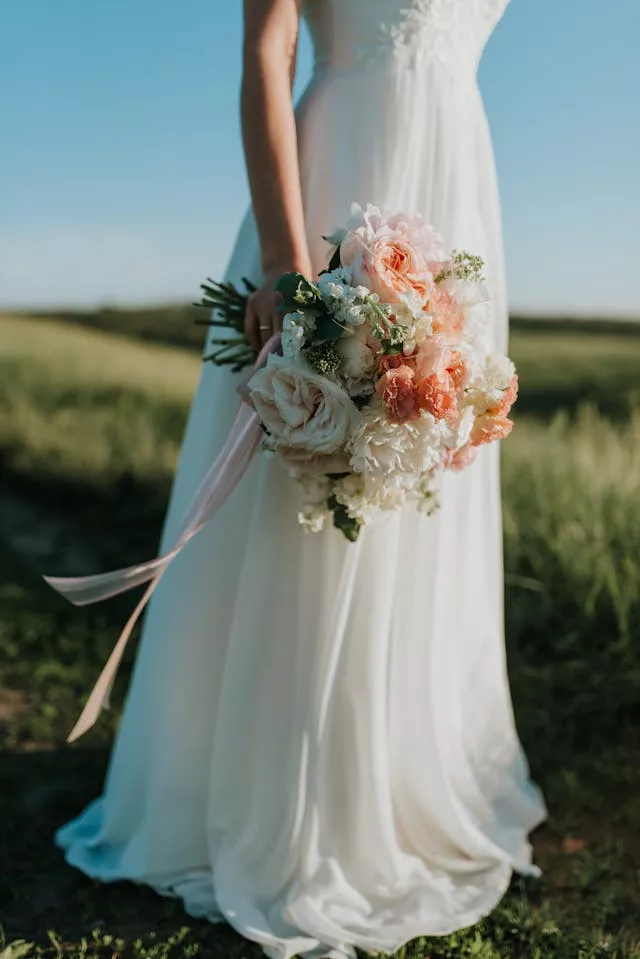
Post Production
Post-processing is a crucial aspect of wedding photography, significantly impacting both the quality of your images and the overall cost. This process involves using specialized software to edit and enhance photos, addressing imperfections and adding artistic touches. Key editing techniques include colour correction, exposure adjustment, cropping and straightening, and retouching. These adjustments make the images more vibrant, improve composition, and remove blemishes or unwanted objects.
The post-processing workflow typically involves importing photos into editing software like Adobe Photoshop or Lightroom, making necessary adjustments, exporting the edited images, and then delivering them to the client, either through an online gallery or in print form. This meticulous process allows photographers to have greater control over the final outcome of the images, transforming ordinary photos into works of art.
Post-processing is time-consuming and requires significant attention to detail and expertise, which is reflected in the pricing. Photographers may spend several weeks perfecting your wedding photos, contributing to higher costs. The use of professional editing software and high-quality equipment, along with the photographer’s skill and experience, also justifies a higher fee.
To manage costs while ensuring high-quality results, photographers often use efficiency techniques such as batch processing similar photos and using presets for consistent editing. Clear communication with your photographer about your style preferences can also streamline the editing process. Investing in a skilled photographer who excels in post-processing ensures you receive beautiful, high-quality images that capture your special day perfectly. Understanding the importance and cost of post-processing helps you appreciate the value behind the price tag.
Your wedding photography is an investment that will be cherished for years to come. Take the time to research, meet with potential photographers, and trust your instincts to find the perfect match for your special day.
Special Thanks
A special thanks to Mika from The Prahahl Anderson for consulting on this post. Mika’s expertise and valuable insights have greatly contributed to the comprehensive advice provided here, ensuring couples receive the best guidance when choosing a wedding photographer. To learn more about Mika’s work, visit The Prahahl Anderson Studio for more information on wedding shoots.

